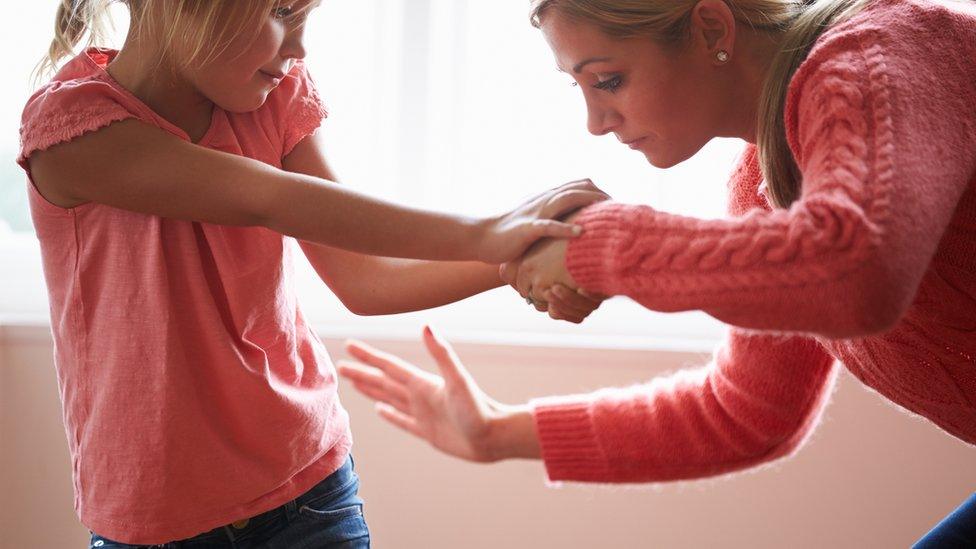Jersey politicians vote to outlaw smacking children
- Published
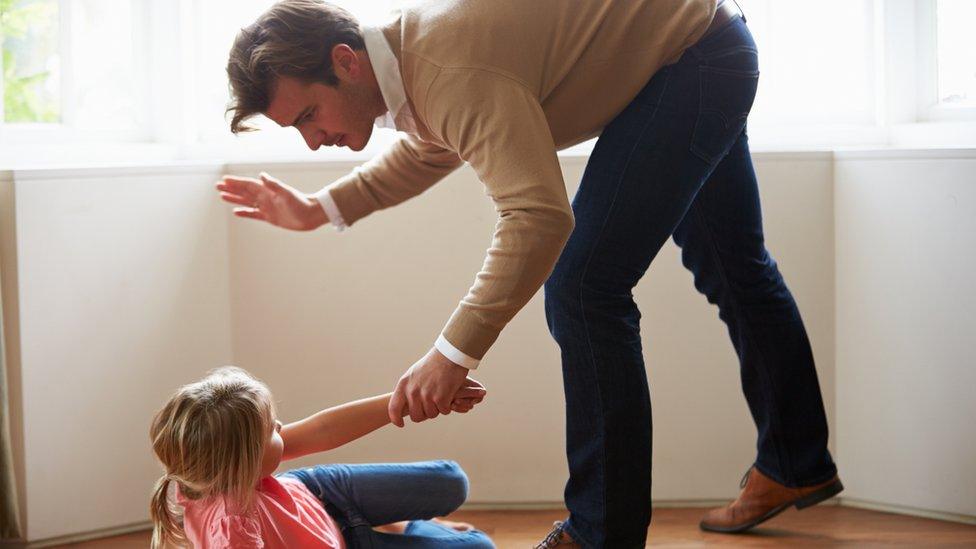
Children's charity NSPCC said the move would bring Jersey in line with dozens of other countries
Jersey has become the second place in the British Isles to outlaw smacking children.
The States of Jersey voted to repeal a section of a law which allowed smacking by a parent if it was deemed "reasonable".
Jersey joins 53 other countries, including Ireland, to have outlawed the practice, with Scotland expected to follow suit later this year.
Children's charity NSPCC said the decision was "a common sense move".
The Channel Island's politicians voted 38-3 in favour of repealing the section of the island's 2002 Children Law.
The move was put forward by Deputy Mary Le Hegarat, who referred to previous commitments by Jersey's States Assembly to reform laws around children, following the Independent Jersey Care Inquiry's final report.
"Time, standards and society changes, and we need to reflect that change - violence breeds violence," Deputy Le Hegarat said.
"Let us demonstrate that Jersey is forward thinking and progressive. Let us listen to the voice of children," she added ahead of the vote.
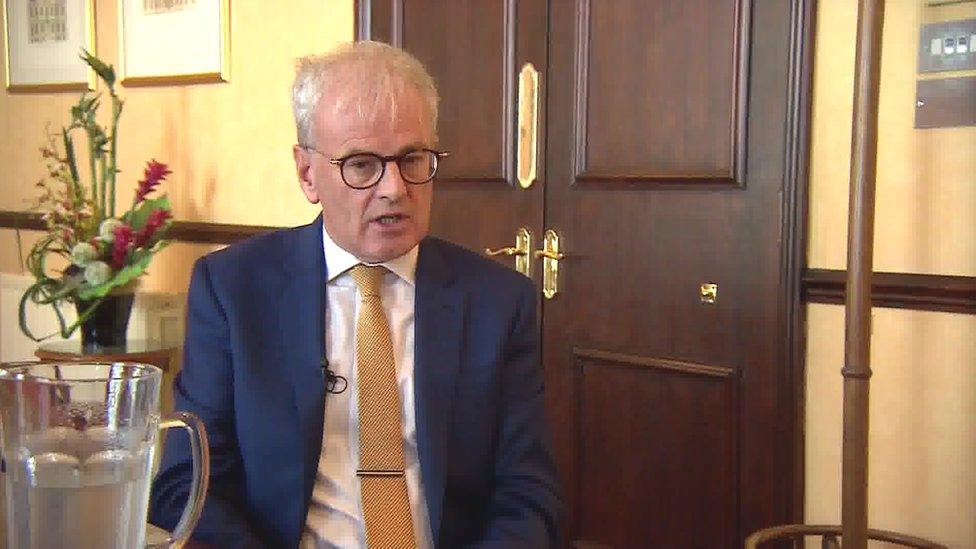
Lawyer Alan Collins said children's welfare "became a secondary issue" in Jersey's care system in the past
Similar to the UK's 2004 Children Act, the Jersey law had provided a defence for someone with parental responsibility who was able to punish their child with their hand in a "reasonable" way.
Speaking against the ban, senator Sarah Ferguson said the move was a "descent into a nanny state", and that the government should not interfere with the way children were brought up.
The latest YouGov poll in 2017 found 59% of 4,283 surveyed adults "representative of the GB population" thought smacking children should not be banned, external, with 22% in favour.
Consultant social worker for NSPCC Jersey, Katherine McGovern, said: "The decision by The States of Jersey to vote in favour of a proposition to give children equal protection against assault is a common sense move that will bring them in line with more than 50 countries who have made similar changes.
"We'd recommend that a public education campaign is developed to ensure parents understand the change and support made available for parents to change their parenting styles."
The law will now be amended and ratified by the UK Privy Council before it comes into force.
- Published9 January 2018
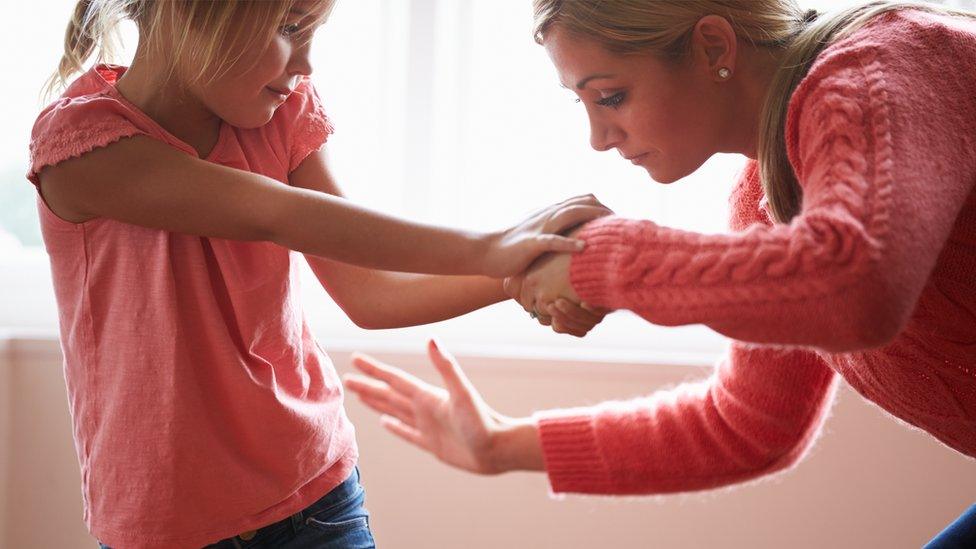
- Published14 December 2018
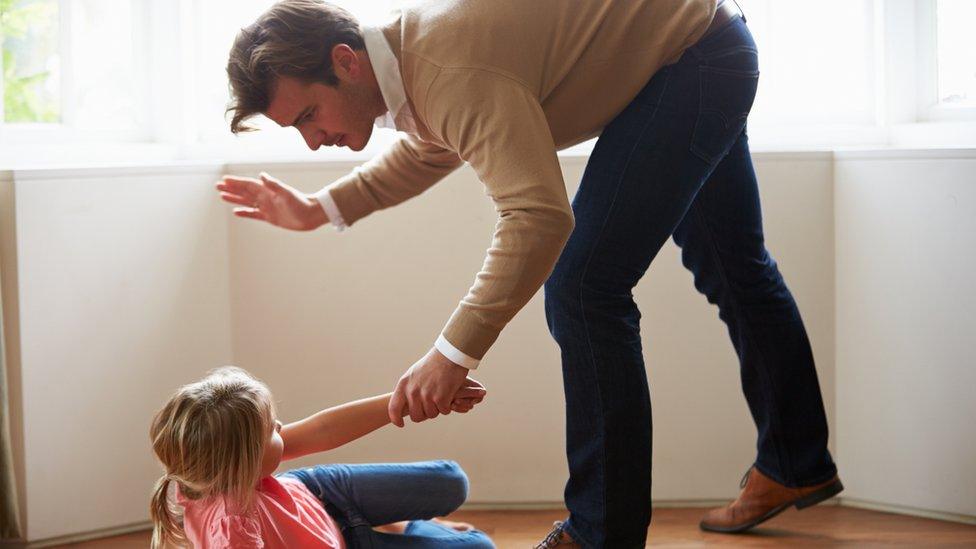
- Published30 November 2018
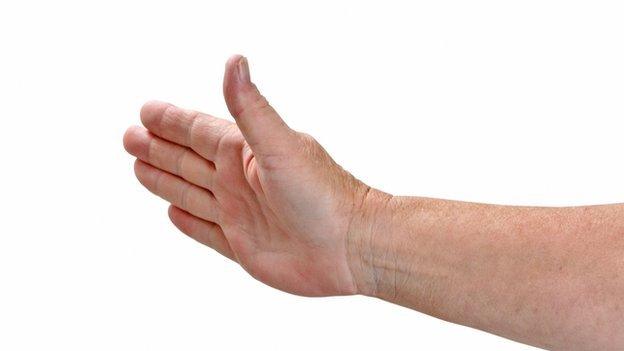
- Published19 October 2017
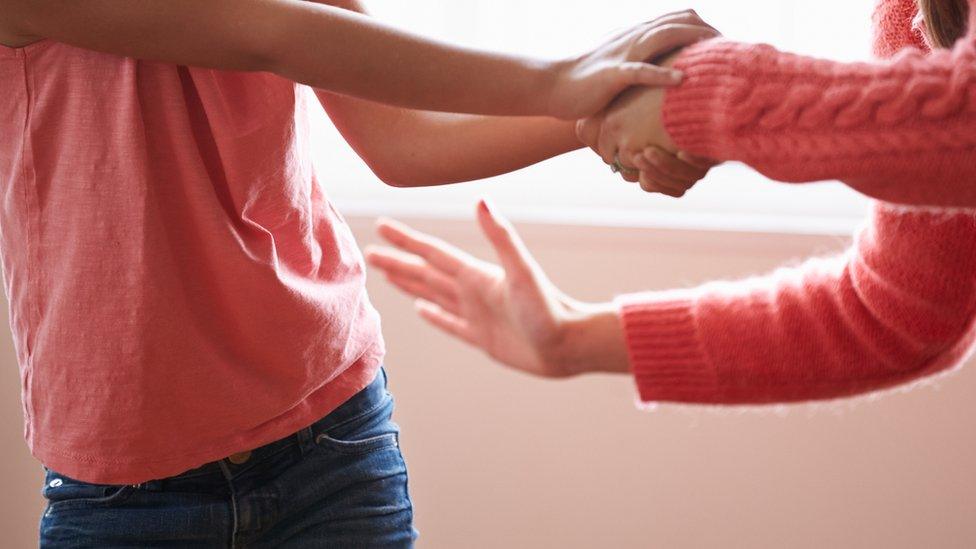
- Published12 September 2018
